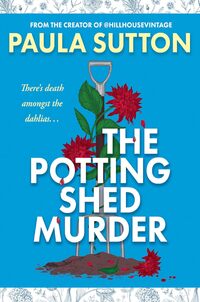

Purchase
McSweeney's
November 2011
On Sale: November 8, 2011
224 pages
ISBN: 1936365367
EAN: 9781936365364
Kindle: B007NLCM2I
Hardcover / e-Book
Add to Wish List
Non-Fiction
War is a fact of human nature. As long as we exist, it
exists. That's how the argument goes. But longtime Scientific American writer John Horgan
disagrees. Applying the scientific method to war leads
Horgan to a radical conclusion: biologically speaking, we
are just as likely to be peaceful as violent. War is not
preordained, and furthermore, it should be thought of as a
solvable, scientific problem—like curing cancer. But war and
cancer differ in at least one crucial way: whereas cancer is
a stubborn aspect of nature, war is our creation. It’s our
choice whether to unmake it or not. In this compact, methodical treatise, Horgan examines dozens
of examples and counterexamples—discussing chimpanzees and
bonobos, warring and peaceful indigenous people, the World
War I and Vietnam, Margaret Mead and General Sherman—as he
finds his way to war’s complicated origins. Horgan argues
for a far-reaching paradigm shift with profound implications
for policy students, ethicists, military men and women,
teachers, philosophers, or really, any engaged citizen.
Comments
No comments posted.
Registered users may leave comments.
Log in or register now!
| 


 © 2003-2025 off-the-edge.net
all rights reserved Privacy Policy
© 2003-2025 off-the-edge.net
all rights reserved Privacy Policy